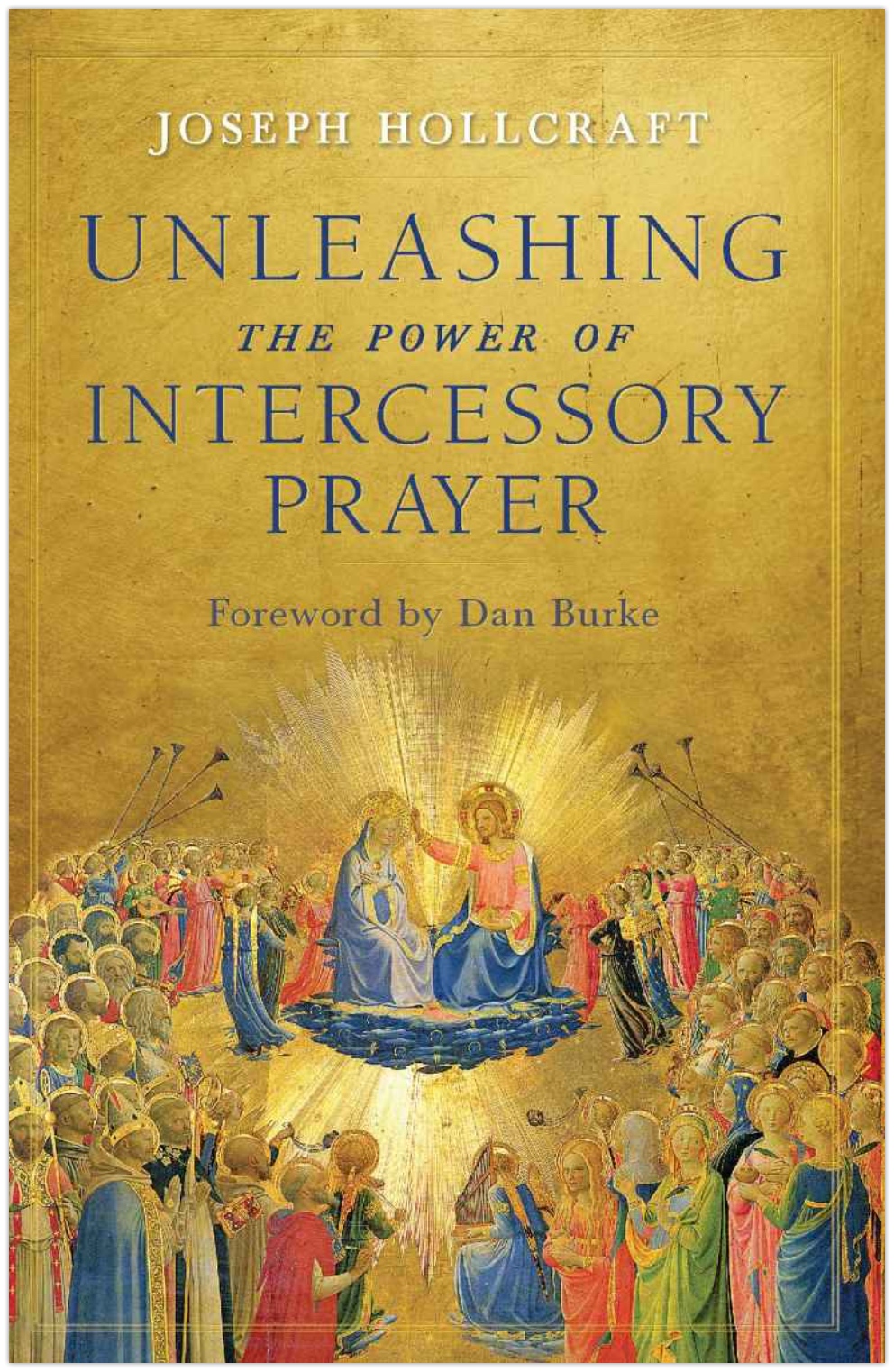Breathe In, Breathe Out
As I sit down to write this blog, there are hundreds of inspirational speakers traveling the world with an inspirational message about Jesus Christ and the Christian and Catholic faith. Just this past week, while speaking at a conference, I met someone who has not been home in weeks, because she is in such high demand for her inspirational message in faith-education.
Where does the inspiration for the inspirational message come from? The answer to that question lies in the meaning of the word itself. Let’s consider.
Inspiration comes from the Latin inspirare, which literally translates "to inflame; blow into; to breathe.” The word inspiration figures very much into the vocabulary of the Holy Spirit as we read all throughout Sacred Scripture the “Spirit of God” (the Holy Spirit) as the “breath of God” (Ps 33:6; Job 26:13, 33:4; Ezek 37:4-14; Jn 20:21-22; 2 Tim 3:16-17).
Christ opens his Sermon on the Mount with a teaching that speaks to ones good fortune if they are spiritually poor—breathing in God, as it were. We read, “Blessed are the poor in spirit for theirs is the Kingdom of God” (Mt 5:3). The Greek word for spirit is pneuma, which translates as “breath.” In this single verse, Christ is teaching us that we are blessed if we long for the Spirit of God just as our lungs long for the air we breathe.
That being said, how does one acquire such intoxication in the spirit? Prayer, the kind of Christ-like conversation with God that first “sighs”, “groans”, and “breathes heavily.”
In the gospel of Mark, we read of Christ healing the deaf man with a speech impediment. In a moment that often goes overlooked, Christ “sighed”. The word in context:
Jesus pulls him aside from the multitude privately, he put his fingers into his ears, and he spat and touched his tongue; and looking up to heaven, he sighed, and said to him, "Eph'phatha," that is, "Be opened." And his ears were opened, his tongue was released, and he spoke plainly (Mk 7:32-35).
The Greek word for “sigh” also translates as “groan.” The Holy Spirit turns our groaning and sighing into the most impassioned prayer as “the Spirit himself intercedes for us with sighs too deep for words” (Rom 8:26). In other words, our “breathing heavily” in the Spirit becomes the point and origin of all good and inspired prayer. It has been shared, that Saint John Paul II would often start his day in prayer with heavy groans and breathing. Saint John Paul II, the man who taught us so much about prayer with his words, teaches us so much more with his prayer in action.
What’s more, inspired prayer always includes an inflammation of the heart (cf. inspirare above). As we prayerfully breathe in the Spirit of God, our hearts are ‘inflamed’ with the love of God. It should come to no surprise that when the disciples were on the Road to Emmaus they said to each other: “did not our hearts burn within us while he (Jesus) talked to us on the road, while he opened us to us the Scriptures” (Lk 24:32). The disciples were being intoxicated with God’s presence--the “all consuming fire of God” (Heb 12:29).
So, where does the inspirational message come from? The Holy Spirit! It is “high time” that we start breathing in the Spirit of God that we might breathe out the fire of God’s love! Amen!


